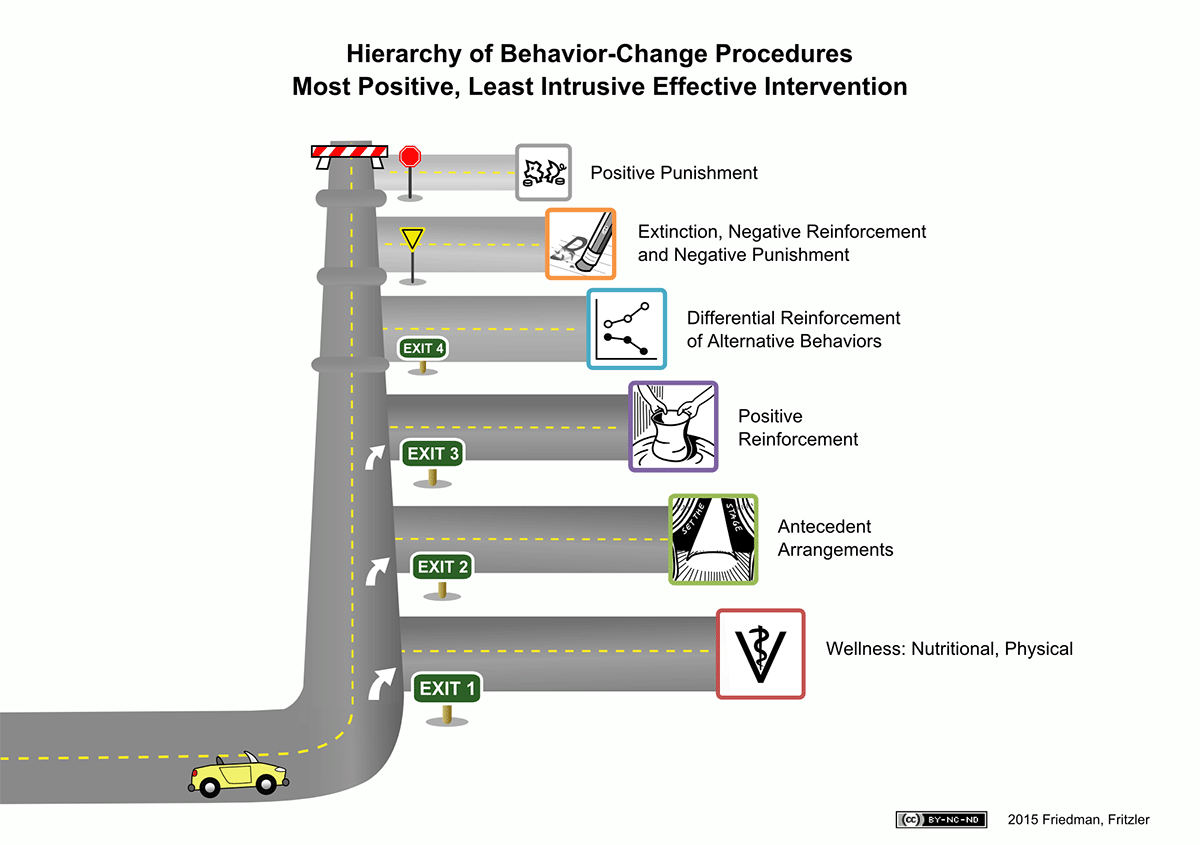PRIVATE LESSON PROGRAMS
You’re a dedicated dog owner committed to implementing consistent practice to change your dog’s behavior. You just need to know what to do.
Private lessons are the solution for you.
With each lesson you will gain the knowledge and skill to live in harmony with your dog for the rest of their life.
Learn how to confidently handle your reactive dog and overcome barking, lunging, growling, etc.
Your trainer works one-on-one with your dog on training goals during neighborhood walks and field trips to local parks or pet friendly public spaces.
This virtual consultation is for those who would like an assessment of their dog and their training goals before committing to a program.
FREQUENTLY ASKED QUESTIONS
We are reward-based dog trainers. This means we motivate and reinforce dogs using food, toys, play, praise, sniffing, and more.
As Certified Professional Dog Trainers, Stellar Dog Training strictly adheres to the International Association of Animal Behavior Consultants (IAABC) recommended Humane Hierarchy protocols.
“The Humane Hierarchy serves to guide professionals in their decision-making process during training and behavior modification. Additionally, it assists owners and animal care professionals in understanding the standard of care to be applied in determining training practices and methodologies and the order of implementation for applying those training practices and methodologies.
Hierarchy of Procedures for Humane and Effective Practice
- Health, nutritional, and physical factors: Ensure that any indicators for possible medical, nutritional, or health factors are addressed by a licensed veterinarian. The consultant should also address potential factors in the physical environment.
- Antecedents: Redesign setting events, change motivations, and add or remove discriminative stimuli (cues) for the problem behavior.
- Positive Reinforcement: Employ approaches that contingently deliver a consequence to increase the probability that the desired behavior will occur.
- Differential Reinforcement of Alternative Behavior: Reinforce an acceptable replacement behavior and remove the maintaining reinforcer for the problem behavior.
- Negative Punishment, Negative Reinforcement, or Extinction (these are not listed in any order of preference):
- Negative Punishment – Contingently withdraw a positive reinforcer to reduce the probability that the problem behavior will occur.
- Negative Reinforcement – Contingently withdraw an aversive antecedent stimulus to increase the probability that the right behavior will occur.
- Extinction – Permanently remove the maintaining reinforcer to suppress the behavior or reduce it to baseline levels.
- Positive Punishment: Contingently deliver an aversive consequence to reduce the probability that the problem behavior will occur.”
– International Association of Animal Behavior Consultants

Dog training is a legally unregulated industry. This means that anyone can call themselves a professional dog trainer, regardless of education, experience, or ethics.
Voluntary certification with the Certification Council for Professional Dog Trainers, the National Association of Canine Scent Work, and Fear Free Pets all require extensive experience, testing, and continuing education, so you can feel confident that you’re being guided by knowledgeable professionals who stay up to date on their knowledge and skill and adhere to strict ethical standards.
1. Select private lesson program
Whether you’ve got a new puppy, a reactive dog, or something in between, we’ve got the private lesson program for you.
2. Practice
You will meet weekly with your trainer and learn how to train your dog. The first lesson of your program is in your home. Subsequent lessons are in your home, at a park, or other dog-friendly location depending on where you are in your customized program.
3. Enjoy life with your dog
Feeling embarrassed by your dog’s behavior is a thing of the past. Breathe a sigh of relief as you gain the knowledge and skill to live in harmony with your dog for the rest of their life.
The sooner the better! According to the American Veterinary Society of Animal Behavior, appropriate socialization and the right kind of training during the first three months of life is essential and can prevent serious issues in the future including fear and aggression.
“The primary and most important time for puppy socialization is the first three months of life. During this time puppies should be exposed to as many new people, animals, stimuli and environments as can be achieved safely and without causing overstimulation manifested as excessive fear, withdrawal or avoidance behavior. For this reason, the American Veterinary Society of Animal Behavior believes that it should be the standard of care for puppies to receive such socialization before they are fully vaccinated.
Because the first three months are the period when sociability outweighs fear, this is the primary window of opportunity for puppies to adapt to new people, animals, and experiences. Incomplete or improper socialization during this important time can increase the risk of behavioral problems later in life including fear, avoidance, and/or aggression. Behavioral problems are the greatest threat to the owner-dog bond. In fact, behavioral problems are the number one cause of relinquishment to shelters. Behavioral issues, not infectious diseases, are the number one cause of death for dogs under three years of age.
While puppies’ immune systems are still developing during these early months, the combination of maternal immunity, primary vaccination, and appropriate care makes the risk of infection relatively small compared to the chance of death from a behavior problem.”
Payment in full is due to book a program. Payment plans are not available.
Throughout your private lesson program you will learn how to train your dog(s). You do not need separate private lesson programs for multiple dogs in the same home. The Stellar Dog Program is recommended for multi-dog homes.
Each private lesson is 30-60 minutes. Lessons in your home tend to be 45-60 minutes. Lessons out in the Florida heat tend to be 30-45 minutes. The amount of private lessons varies based on the program.
Stellar Dog Training serves Pinellas County, Florida.
Text us at (727) 238-5343 or email us at BARK@StellarDogTraining.com.
